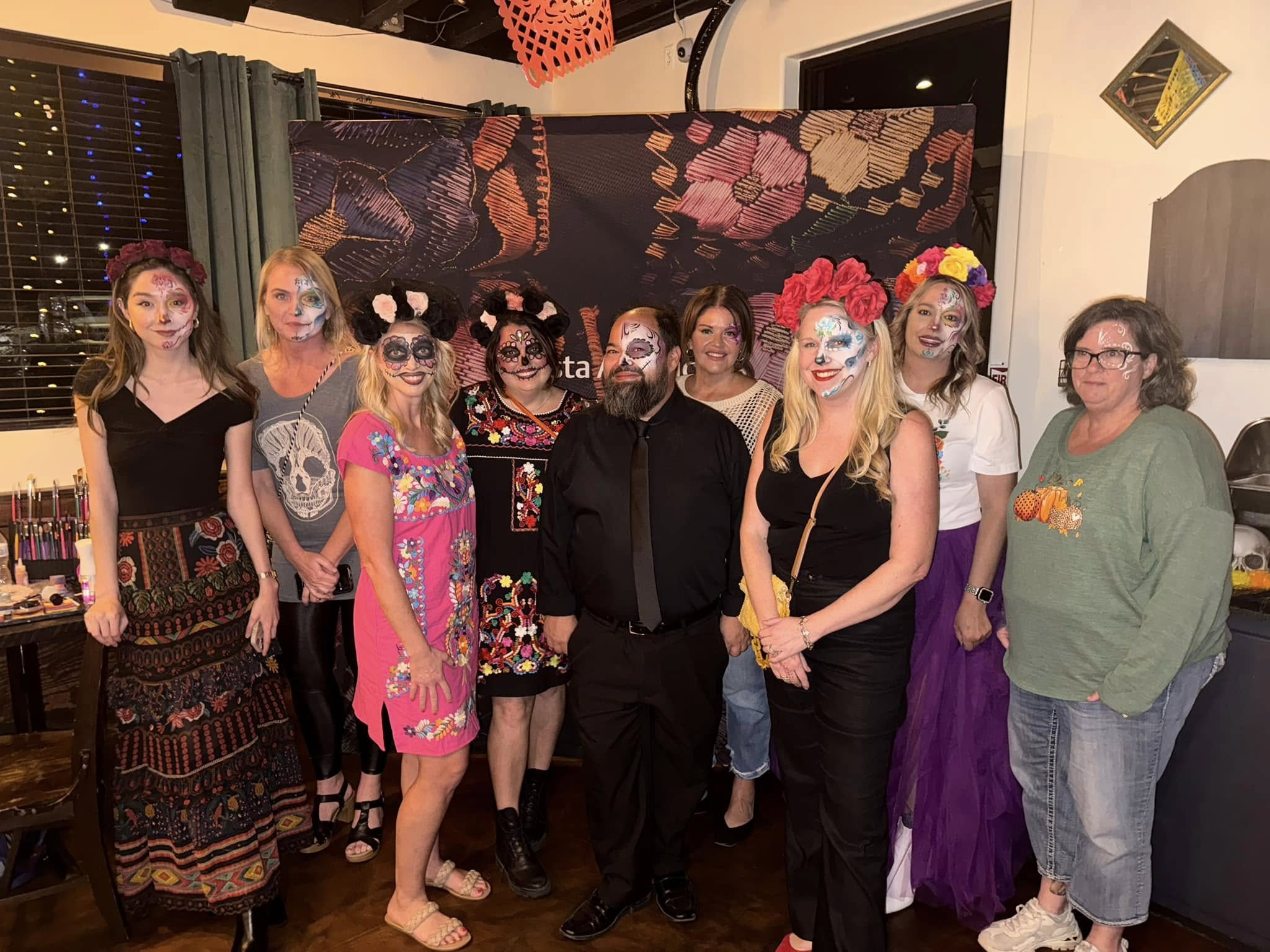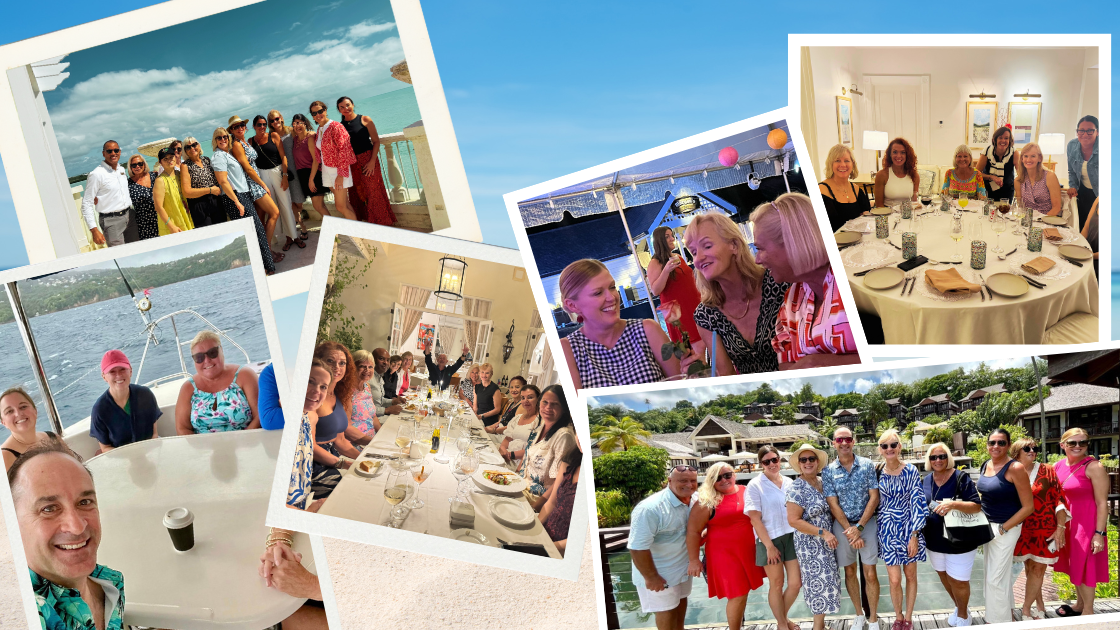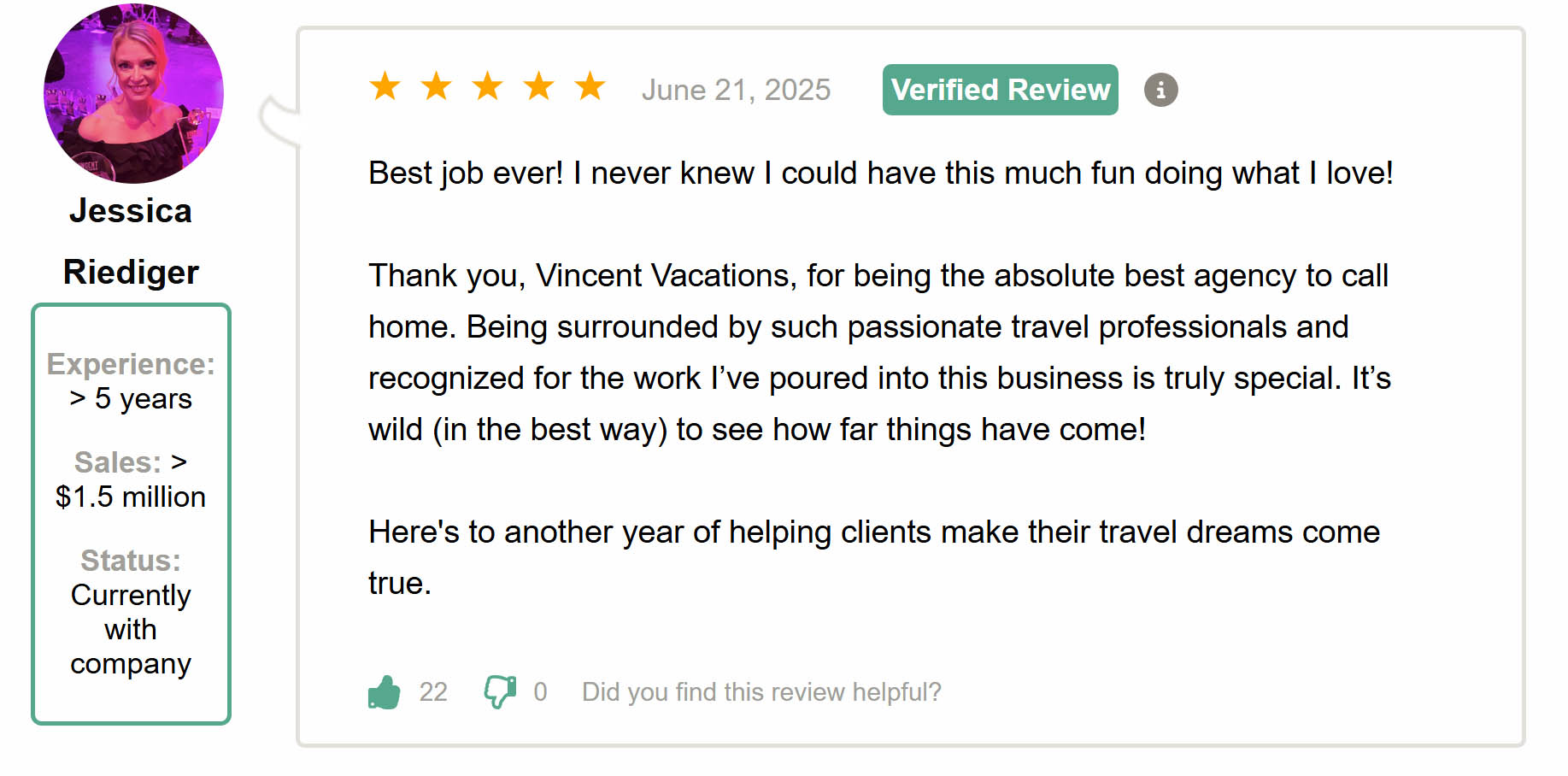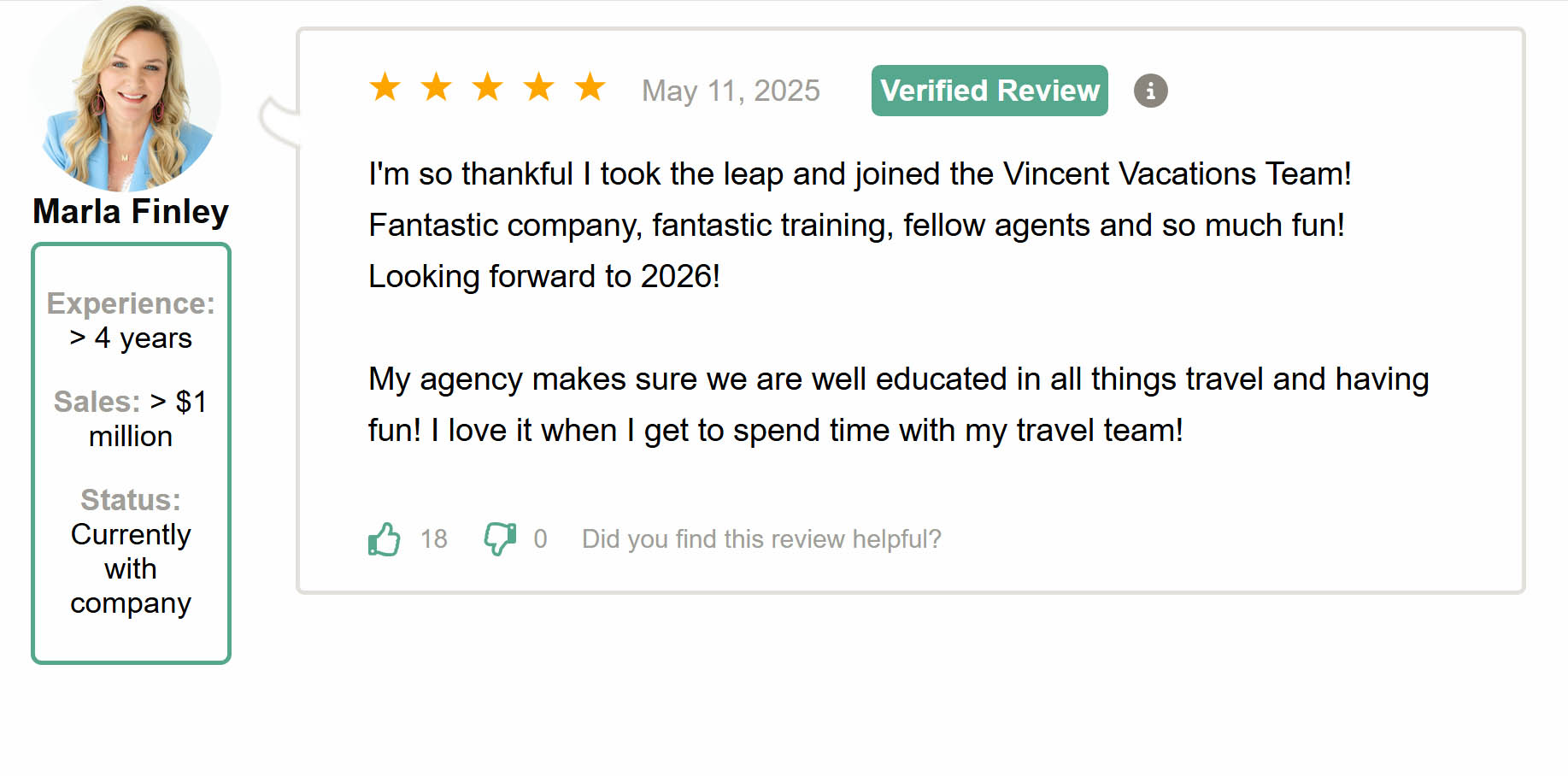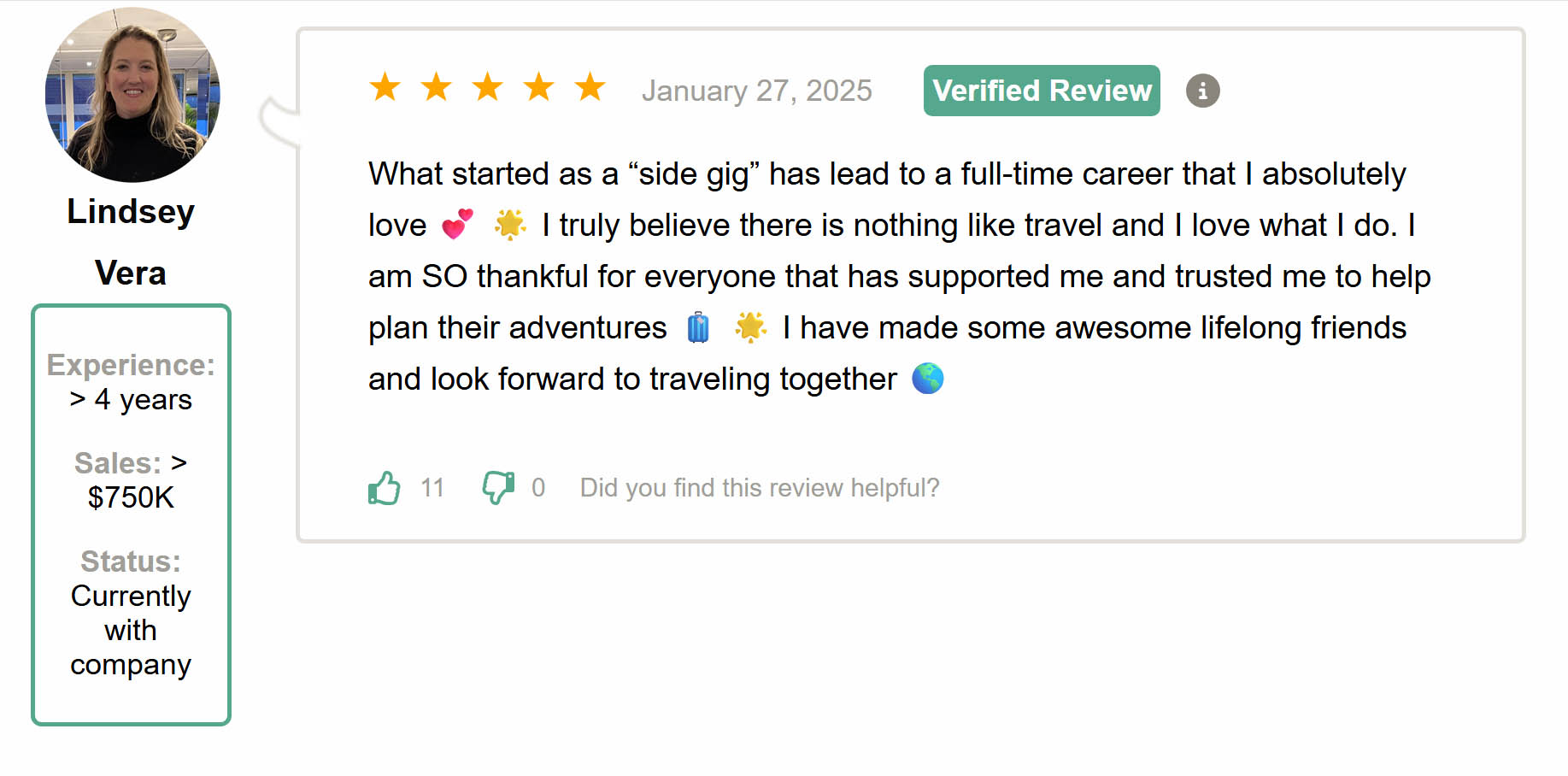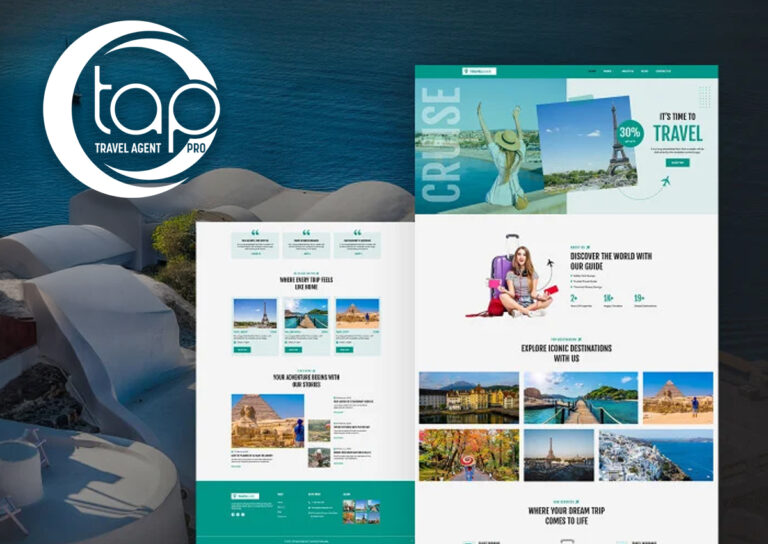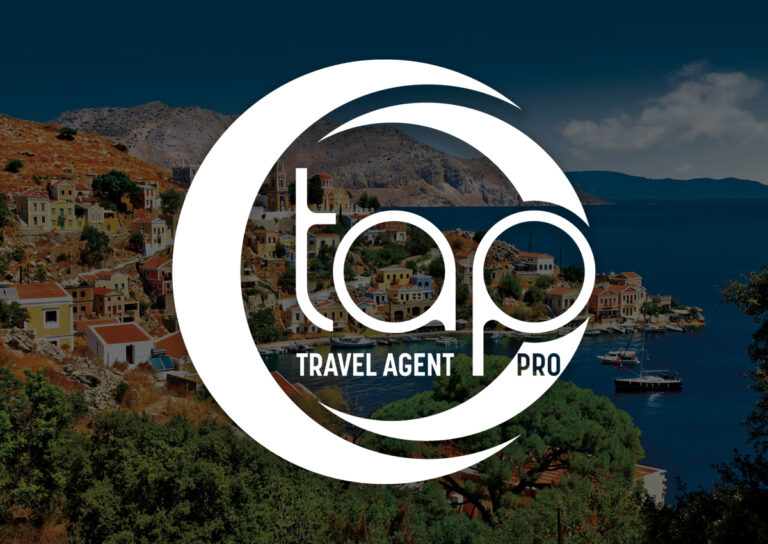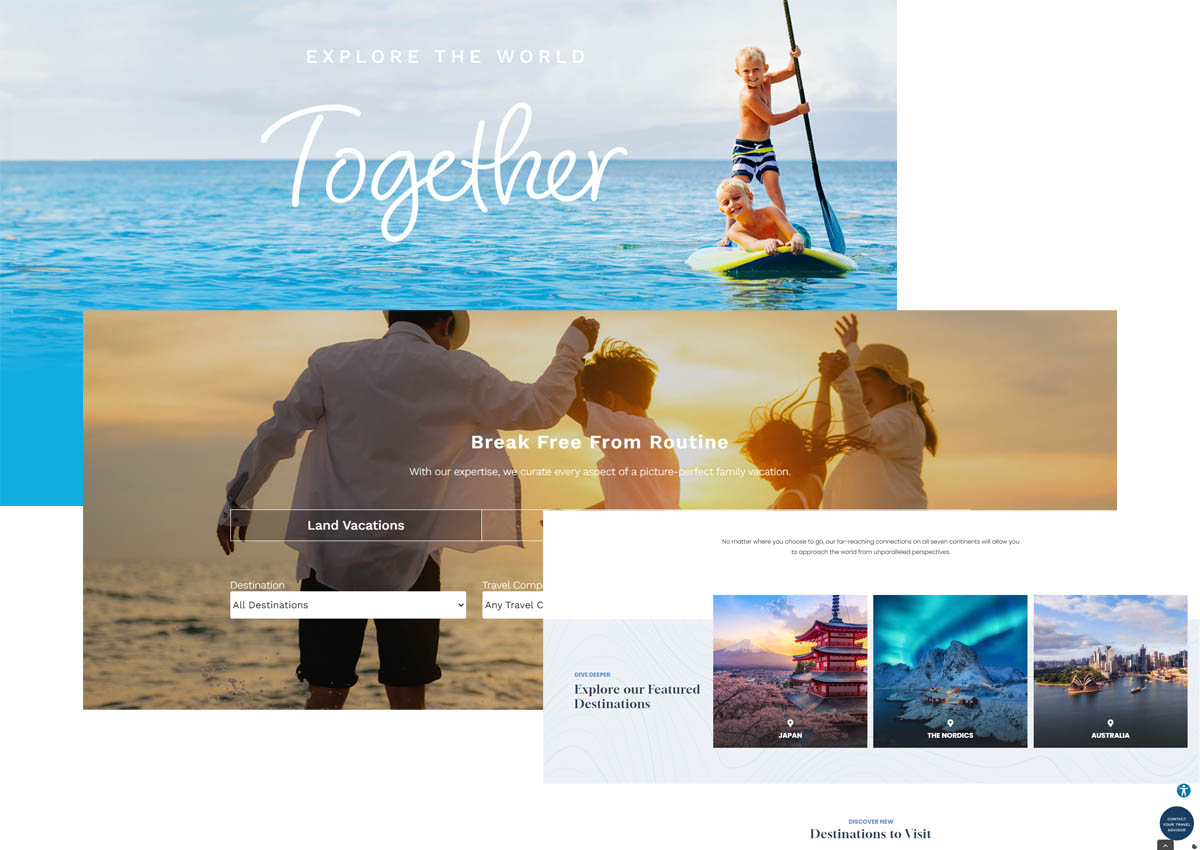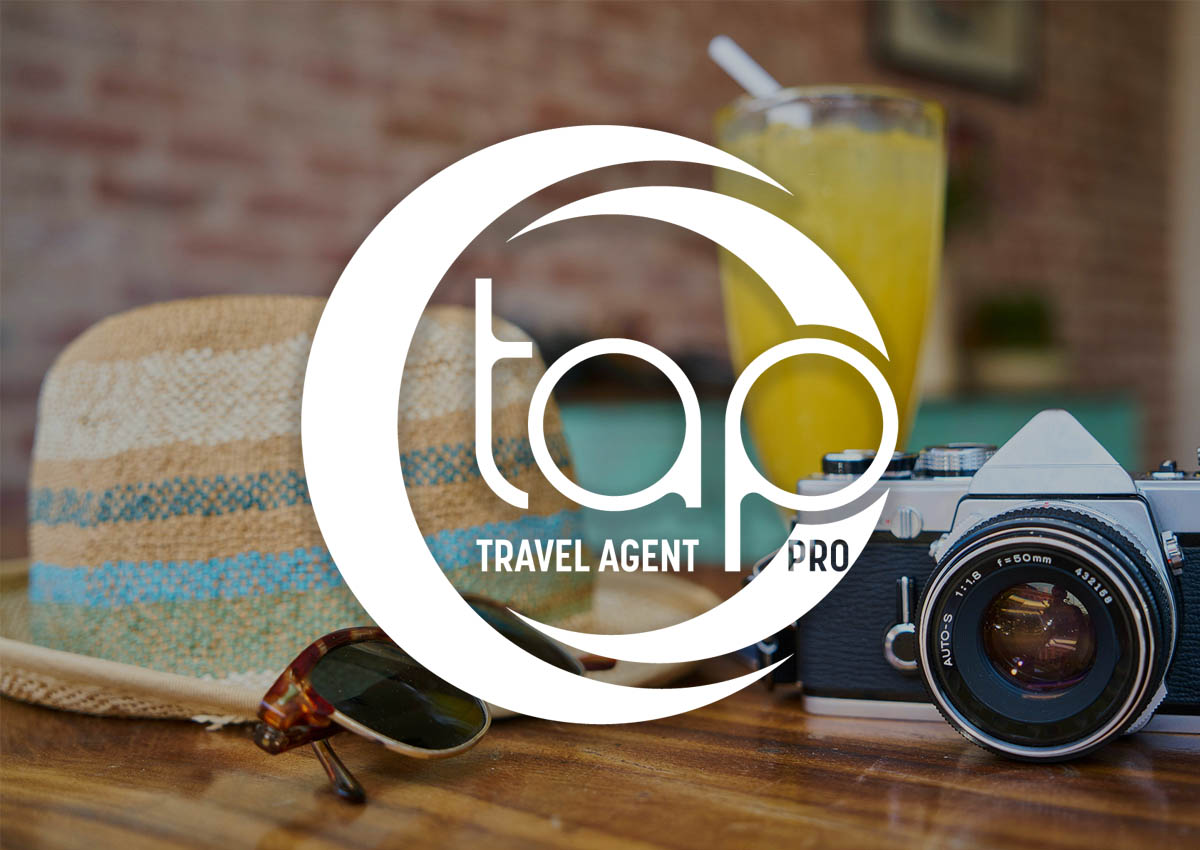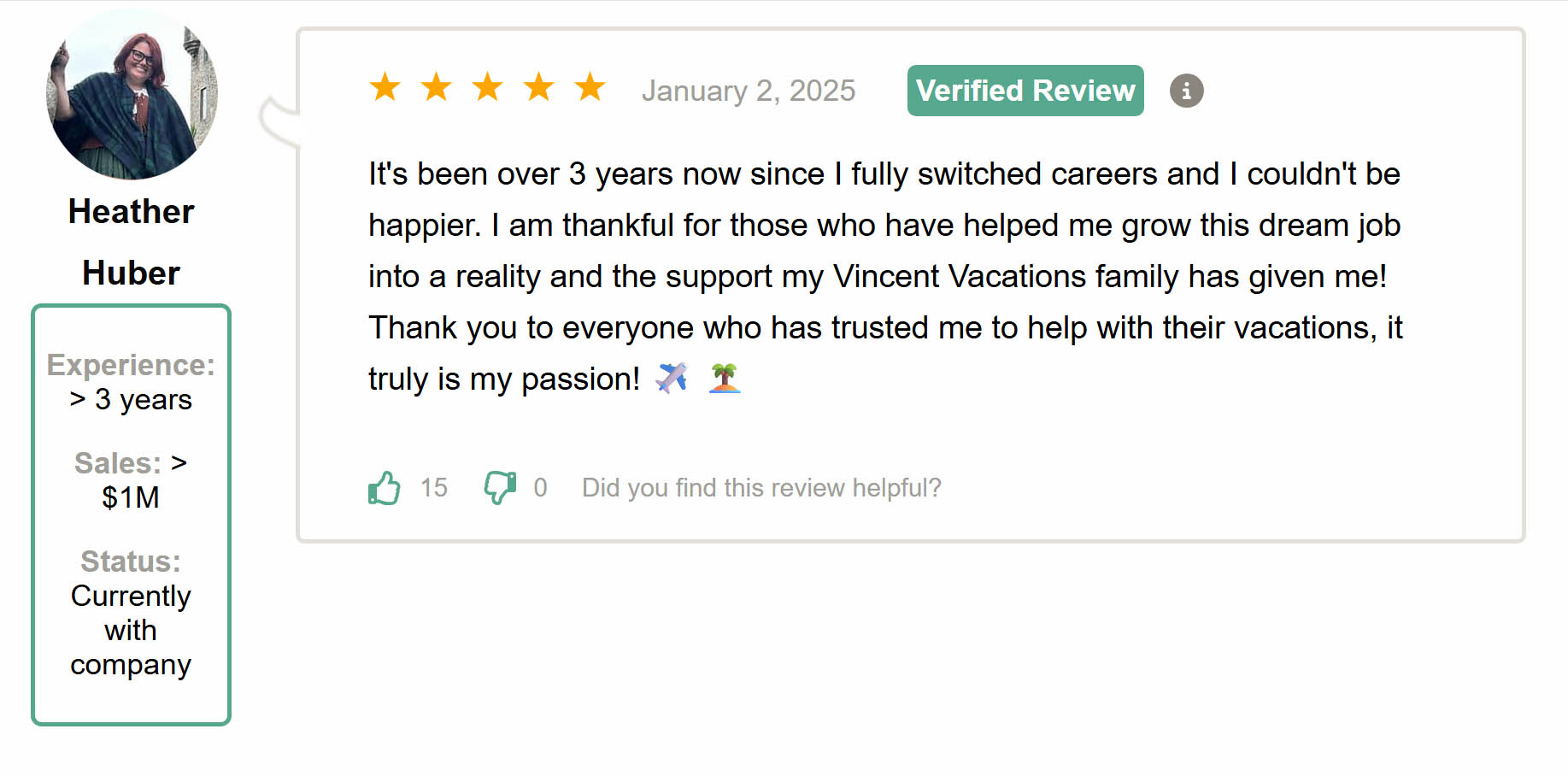Category :
Client Relations & SalesTips to Ask for Referrals
To learn more techniques and how to create and grow your own travel business, sign-up to become a member today!
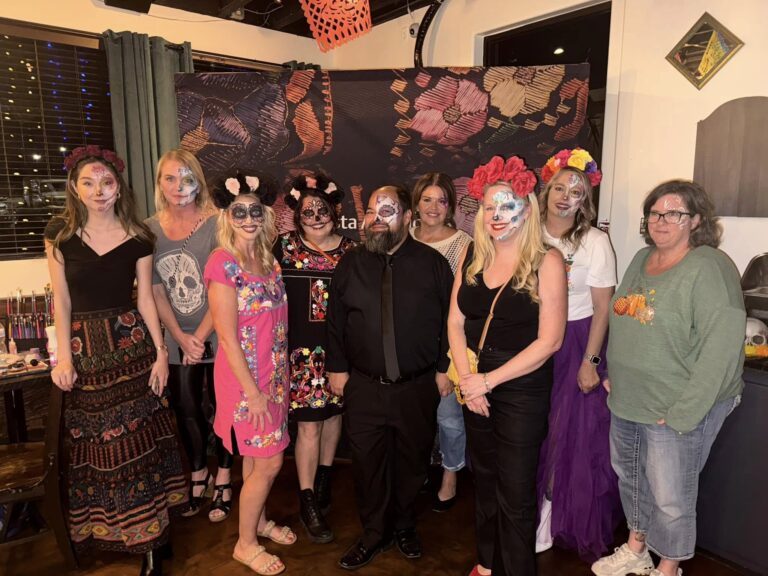
- Unlock a steady stream of new clients by mastering the art of asking for referrals, a skill that thrives within a supportive agency like Vincent Vacations.
- Elevate your travel business with proven referral strategies, backed by the resources and training available when you partner with Vincent Vacations.
- Transform satisfied clients into your biggest advocates, expanding your reach and boosting your income as a valued member of Vincent Vacations.
When asking for referrals as a travel advisor, it's essential to approach the conversation with tact and professionalism. Here are some questions and statements you can use to request referrals effectively.
Below are expanded approaches to help guide you in requesting referrals professionally and strategically. As a member of Vincent Vacations, you'll gain access to exclusive training on how to implement these strategies effectively, maximizing your referral potential and growing your business.
1. Direct Approach:
- Example Statement: "I'm glad you enjoyed your trip! If you know anyone else who might benefit from my services, I'd appreciate it if you could refer them to me."
-
Why it works: Directly asking for referrals can be effective, especially when the client has just returned from a satisfying trip. This method leverages their current excitement and positive emotions toward your service, making them more likely to consider sharing your name with others.
Additional Tip: Personalize your message to make it feel genuine. Mention specific details about their trip or what they enjoyed the most, which shows you’re invested in their experience. At Vincent Vacations, we encourage building strong client relationships, which naturally leads to more referrals.
- Alternative Statement: "Thank you for trusting me with your travel plans. Do you have any friends or family members who are also looking to plan a trip?"
-
Additional Tip: Timing is key. A direct approach works well immediately after a trip or during follow-ups when you’re already engaged in conversation with the client.
2. Feedback Request:
- Example Statement: "I'm always looking to improve my services. Is there anything you think I could have done differently or better?"
-
Why it works: Asking for feedback helps you understand your client’s perspective, and it can make clients feel valued, showing that you’re dedicated to improving. Positive feedback often naturally leads clients to consider who else might benefit from your services.
Additional Tip: If the feedback is positive, follow up by asking if they would feel comfortable referring others to you based on their experience. Vincent Vacations provides resources to help you manage and leverage client feedback for business growth.
- Alternative Statement: "Would you mind sharing what you enjoyed most about your experience working with me? It would help me understand what aspects of my service resonate with clients."
-
Additional Tip: Use positive feedback as a testimonial (with permission) on your website or social media. Testimonials help build credibility and encourage referrals.
3. Specific Inquiry:
- Example Statement: "Based on your interests, do you know anyone who might be interested in a similar travel experience?"
-
Why it works: People tend to know others with similar interests, so asking about specific experiences helps them think of friends or family who would enjoy a similar trip. This approach works particularly well for niche travel experiences.
Additional Tip: Mention any unique features of the trip they took that would likely attract like-minded people. At Vincent Vacations, we help you identify and cater to niche markets, maximizing your referral potential.
- Alternative Statement: "Were there any specific aspects of the trip that you think your friends or family members would find appealing?"
-
Additional Tip: This can lead to organic conversations about your services and help clients identify people in their circle who may benefit from them.
4. Offer Incentive:
- Example Statement: "As a token of appreciation for your referral, I'd like to offer you a discount on your next booking."
-
Why it works: Offering an incentive can motivate clients to actively think about referring others, especially if they see a direct benefit. A discount or reward creates a win-win situation.
Additional Tip: Clearly outline the reward structure for each referral, so clients understand exactly what they can earn. Vincent Vacations can provide guidance on creating effective and compliant incentive programs.
- Alternative Statement: "For every referral you provide that leads to a booking, I'll enter you into a draw for a free travel voucher."
-
Additional Tip: Make sure the incentive is desirable and relevant to your client base. For frequent travelers, offering a travel-related reward can be more motivating than general discounts.
5. Educational Approach:
- Example Statement: "Many people find it helpful to work with a travel advisor like myself. If you know someone who's overwhelmed with planning their trip, I can offer them personalized assistance."
-
Why it works: This approach educates clients on the value of your services, which they may not have considered sharing otherwise. It’s especially useful for clients who may not realize that friends and family could benefit from professional travel advice.
Additional Tip: Highlight specific services or benefits that clients might not be aware of, such as exclusive deals, personalized itineraries, or insider destination knowledge. Vincent Vacations equips you with the knowledge and resources to showcase your expertise effectively.
- Alternative Statement: "Did you know that by referring friends or family to me, they can benefit from exclusive discounts and personalized travel itineraries?"
-
Additional Tip: Positioning the referral as a benefit for their friends can increase the likelihood of a referral, as clients often want to help those close to them.
6. Follow-Up Reminder:
- Example Statement: "I understand you're busy, but if you happen to think of anyone who could use my services, feel free to pass along my contact information."
-
Why it works: Sometimes clients need gentle reminders. This approach keeps the idea of referrals top-of-mind without coming across as pushy.
Additional Tip: Attach a business card or digital contact information to make it easy for clients to refer you when they have a moment. Vincent Vacations provides marketing materials and tools to facilitate easy referrals.
- Alternative Statement: "I appreciate your willingness to refer others to me. Whenever you have a moment, could you please send them my way?"
-
Additional Tip: Sending a follow-up email after a trip can be a gentle way to remind clients about referring others.
7. Express Gratitude:
- Example Statement: "Thank you for considering referring others to me. It means a lot to me that you trust my expertise."
-
Why it works: Gratitude reinforces a positive relationship and reminds clients that their referrals help you grow and continue to offer valuable services. Sincere gratitude can deepen loyalty.
Additional Tip: Follow up with a thank-you note or a small gift if a referral turns into a booking. This gesture leaves a lasting impression and encourages future referrals. At Vincent Vacations, we emphasize the importance of building lasting relationships with clients.
- Alternative Statement: "I'm grateful for your support and loyalty. Your referrals help me grow my business and continue doing what I love."
-
Additional Tip: Share with clients how referrals directly impact your ability to continue providing quality service. This transparency can build rapport and inspire them to support your business actively.
Adapt these suggestions based on the relationship you have with each client. Approaching referral requests with sincerity, professionalism, and gratitude will help you expand your client base effectively and maintain positive client relationships. By joining Vincent Vacations, you'll gain access to comprehensive training and support to master these techniques and build a thriving travel business. Join Vincent Vacations Today!
Learn more about this by signing up as a member, today! Vincent Vacations Application Form.
To learn more techniques and how to grow your travel business, read more on our Articles page.



